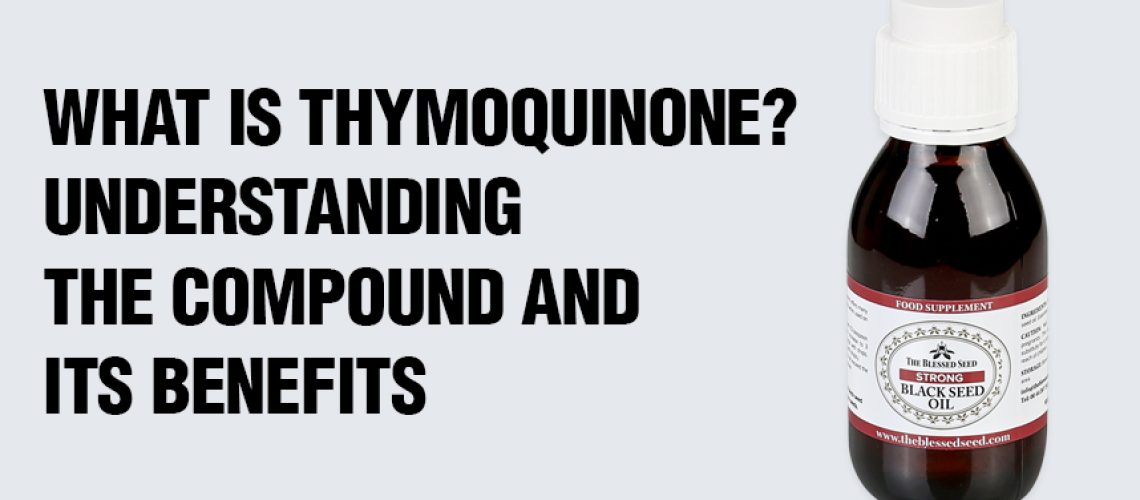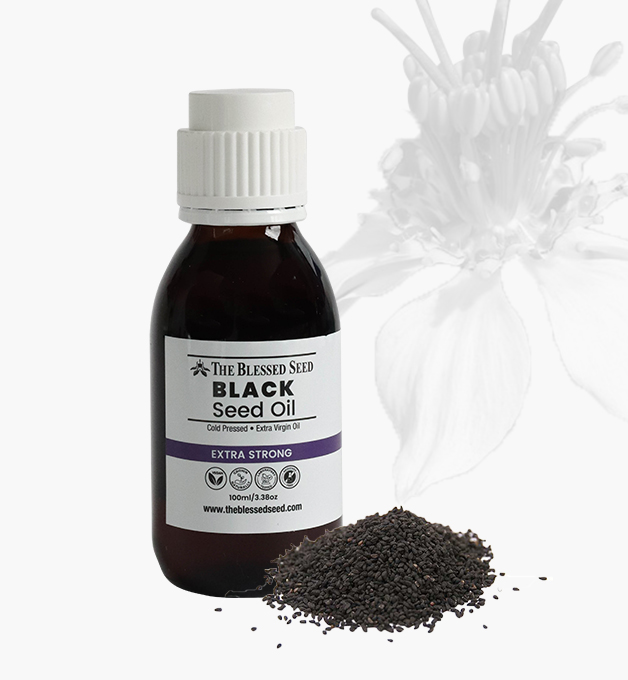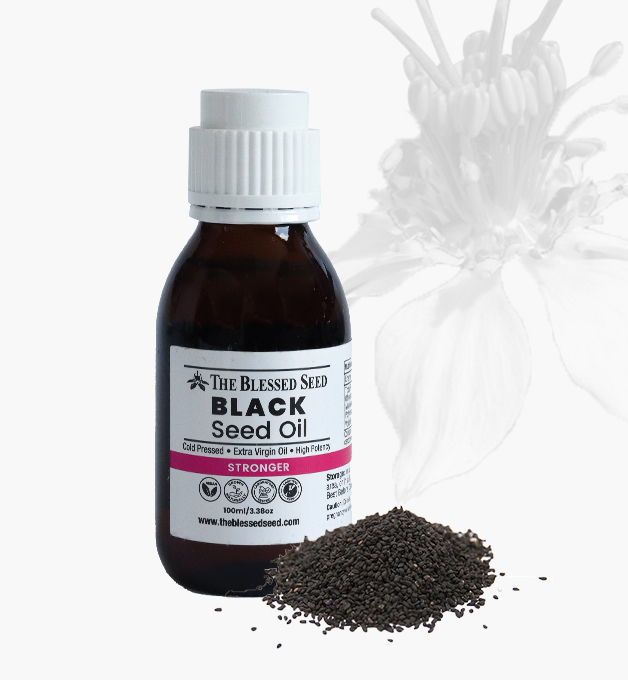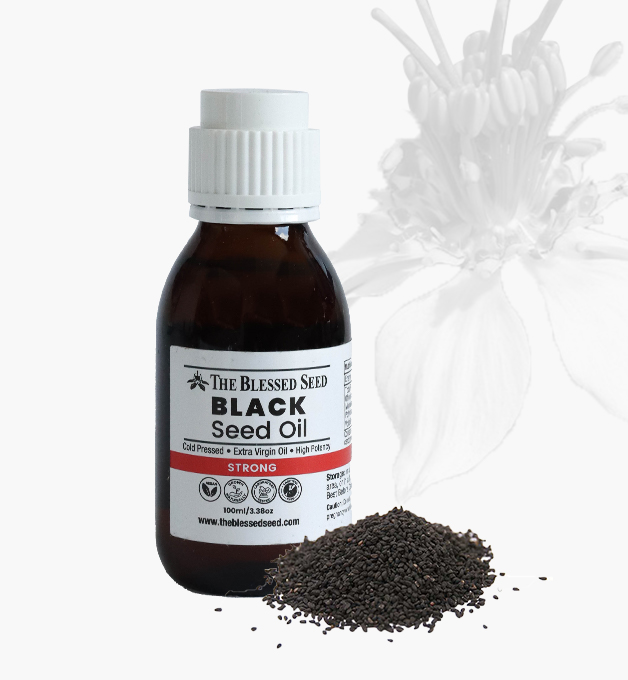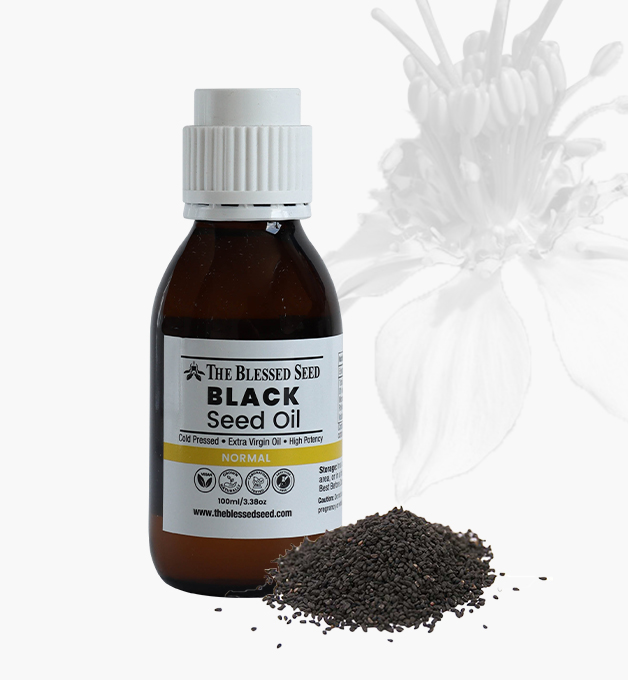What is thymoquinone? A deep understanding of the compound and its benefits
Thymoquinone is the main compound found in black seed oil and is imbued with numerous beneficial properties. According to research, it may have antioxidant, anti-inflammatory, immunomodulatory, and even anti-cancer properties, amongst numerous other biological activities.
The Antioxidant Properties of Thymoquinone
Oxidative stress is a natural part of your aging process that refers to an imbalance with regards to the ratio between free radicals and antioxidants in your body. This imbalance may result in tissue damage. One of the signs of tissue damage is wrinkle formation as is commonly found on your face as you get older.
The problem with oxidative stress, however, is that it does not only enhance the physical signs of aging. Long term oxidative stress could result in
- DNA strand breaks that could result in cancer
- Protein modifications that could result in neurological disorders like Alzheimer’s disease, Parkinson’s disease, and motor neuron disease, amongst others
- Lip peroxidation that could result in cell signaling alterations, protein damage, DNA damage, and cytotoxicity. Increased lipid peroxide activity has been noted in people with heart disease, atherosclerosis, rheumatic arthritis, cancer, Alzheimer’s, cancer, and many other disorders dependent on immunological function
While a healthy human body is able to manufacture a wide variety of antioxidants to combat the damage caused by free radicals and their corresponding oxidative stress, it also receives some via your diet. Thymoquinone, a compound found in Nigella sativa, is one such compound that can be ingested either via black seeds or by consuming black seed oil.
Research indicates that thymoquinone in black seed oil has an antioxidant effect and is involved in getting rid of certain free radicals in cells and tissues throughout your body. It may also help to rid your body of those free radicals associated with compromised heart health while decreasing lipid peroxidation and improving your body’s antioxidant enzymes and cellular protein oxidation.
The Anti-Inflammatory Properties of Thymoquinone
Inflammation is part of your body’s natural immune system response whereby any foreign pathogens, e.g. viruses or free radicals are recognized and then removed in order for the healing process to continue. Two types of inflammation are generally recognized, i.e. acute inflammation and chronic inflammation.
Acute inflammation is often the result of damage done to tissue as a result of trauma, free radicals, or microbial invasions such as bacteria or viruses. Chronic inflammation, on the other hand, is a slow, long-term insidious inflammation that can last for years. Generally speaking, however, the length of time you have this type of inflammation depends on the cause and your body’s ability to repair itself.
Research on the anti-inflammatory properties of thymoquinone in black seed oil is promising. With regards to asthma, a condition that is the result of inflammation, studies show that the anti-inflammatory properties of thymoquinone prevents the biosynthesis of certain inflammatory mediators, reduces proinflammatory cytokines, and may also play a positive role with regards to your immune system at a cellular level.
Effect of Thymoquinone on Your Immune System
Antibodies are proteins that are produced by your immune system to help defend your body from foreign pathogens. These pathogens are also referred to as antigens. When presented with the presence of an antigen, your body creates the antibodies it needs to attach and destroy these antigens.
The thymoquinone present in black seed oil may help strengthen your immune system. Studies indicate that not only does it reduce toxicity levels in your bloodstream and reduce oxidative stress due to its anti-inflammatory action but increases your antibody levels in your blood.
Studies show that besides supporting general immune function, thymoquinone possesses certain characteristics that at a cellular level, are able to stimulate anti-tumor activity. This implies that it may still, upon further research, play a significant role with regards to cancer therapy.
In Closing
Thymoquinone is the major compound in black seed oil. Research has firmly supported its immunomodulatory, anti-inflammatory, and antioxidant properties as well as its benefits with regards to many health conditions. However, there is still so much unknown about this wonderfully beneficial oil and its possible applications. Research into Nigella sativa is still ongoing with the scientific community increasingly finding further possible applications for a plant that has such humble origins.
References:
https://www.ncbi.nlm.nih.gov/pmc/articles/PMC3642442/
https://www.mblbio.com/bio/g/support/method/antibody-role.html
https://www.ncbi.nlm.nih.gov/books/NBK493173/
https://www.ncbi.nlm.nih.gov/pubmed/26298318
https://www.ncbi.nlm.nih.gov/pubmed/29437018
https://www.ncbi.nlm.nih.gov/pmc/articles/PMC3835913/
https://www.frontiersin.org/articles/10.3389/fnmol.2017.00082/full
https://www.labome.com/method/Protein-Modification.html
https://academic.oup.com/carcin/article/23/5/687/2608214
https://pdfs.semanticscholar.org/410e/c4bf43c90590ecc14dd821b98c3b137bd860.pdf
https://www.ncbi.nlm.nih.gov/pmc/articles/PMC6406245/

